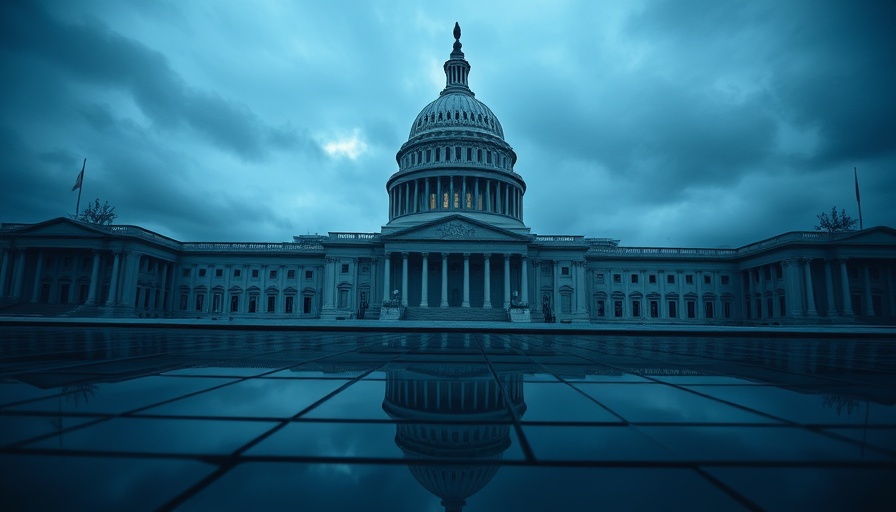
Trump’s Legislative Push: A Continuing Struggle
The Republican Party's efforts to implement former President Trump's agenda have resulted in a significant rift within Congress. As Republicans unite to push through contentious policies, their actions have amplified divisions not only among their ranks but also with the Democrats. As tensions rise, lawmakers report an alarming atmosphere rife with shouting, accusations, and legislative dysfunction.
Contextualizing the Current Clash
This ongoing political struggle can be traced back to the broader implications of Trump's political influence, especially his populist approach that resonates with a significant voter base yet alienates others. Many legislators find themselves caught between party loyalty and the desire to maintain civility in governance. However, the stakes are high, as these clashes often derail critical legislative agendas, hindering progress on urgent national issues.
Historical Precedence of Bipartisan Tensions
Historically, Congress has experienced periods of similar contention, often influenced by external events or leadership styles. For example, during the Obama administration, contentious healthcare debates led to heightened partisan animosity. Today, this echo of history showcases the cyclical nature of political conflict. Yet, the current heightened climate significantly differs due to the aggressive push from the GOP to adopt Trump's policies without yielding to compromise.
Implications for Future Governance
The repercussions of these continuous showdowns are profound. Lawmakers like Senator Lisa Murkowski express concern that the persistent animosity may prevent Congress from performing its essential duty — effectively governing the nation. As Democrats and Republicans engage in public and personal disputes, the chance for bipartisan cooperation becomes increasingly slim, affecting legislation that could benefit millions of Americans.
Voter Reactions and Public Sentiment
As frustrations swell in Congress, many parents and everyday Americans express similar feelings in the polling booths. The chaotic backdrop of congressional dysfunction influences public perception of not only their representatives but also the political system as a whole. Citizens seek representatives who can address the challenges they face, rather than engage in avoidable disputes.
Looking Ahead: Finding Common Ground
The political landscape is dynamic, and there are signs that some lawmakers recognize the necessity of collaboration. While battles continue in the legislative chambers, the hope remains that leaders on both sides can work together to confront pressing issues, such as healthcare, education, and infrastructure, to fulfill their commitments to their constituents.
 Add Row
Add Row  Add
Add 




Write A Comment